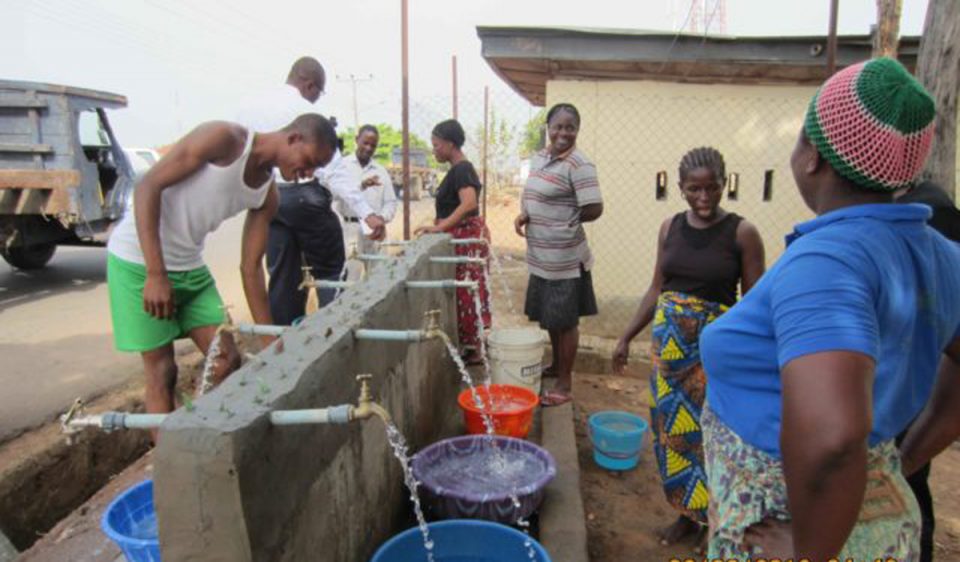The Nigerians Institution of Water Engineers has said that no fewer than 179 million Nigerians are lacking access to safe drinking water in the country.
The group said residents in urban areas have been accessing only contaminated water, adding that it is the reason different diseases evolve in the country.
The NIWE National Chairman, Adeyinka Sobowale, on Wednesday, disclosed this during a press briefing held in Abeokuta, Ogun State capital, to mark World Water Day.
Quoting the statistics from Water, Sanitation and Hygiene National Outcome Routine Mapping, Sobowale said the research was carried out by the Federal Ministry of Water Resources in 2021.
He noted that it had the input inter-agency project including the Bureau of Statistics and partners like the United Nations Educational, Scientific and Cultural Organisation and the United Nations Children’s Fund.
He said: “Up to 87 per cent (179 million) of Nigerians do not have access to safely managed drinking water services. These services are provided mostly by government owned state water agencies which have been grossly under performing in recent times.
“This situation has led Nigerians to engage in self-supply from unwholesome water sources.
“87 per cent of us do not have access to safely manifold. What does this mean? It means that our water supply organisation is not functioning.
“A nation that cannot feed its people adequately is still at the cradle of development. A large percentage of Nigerians are food insecure.”


previous post


